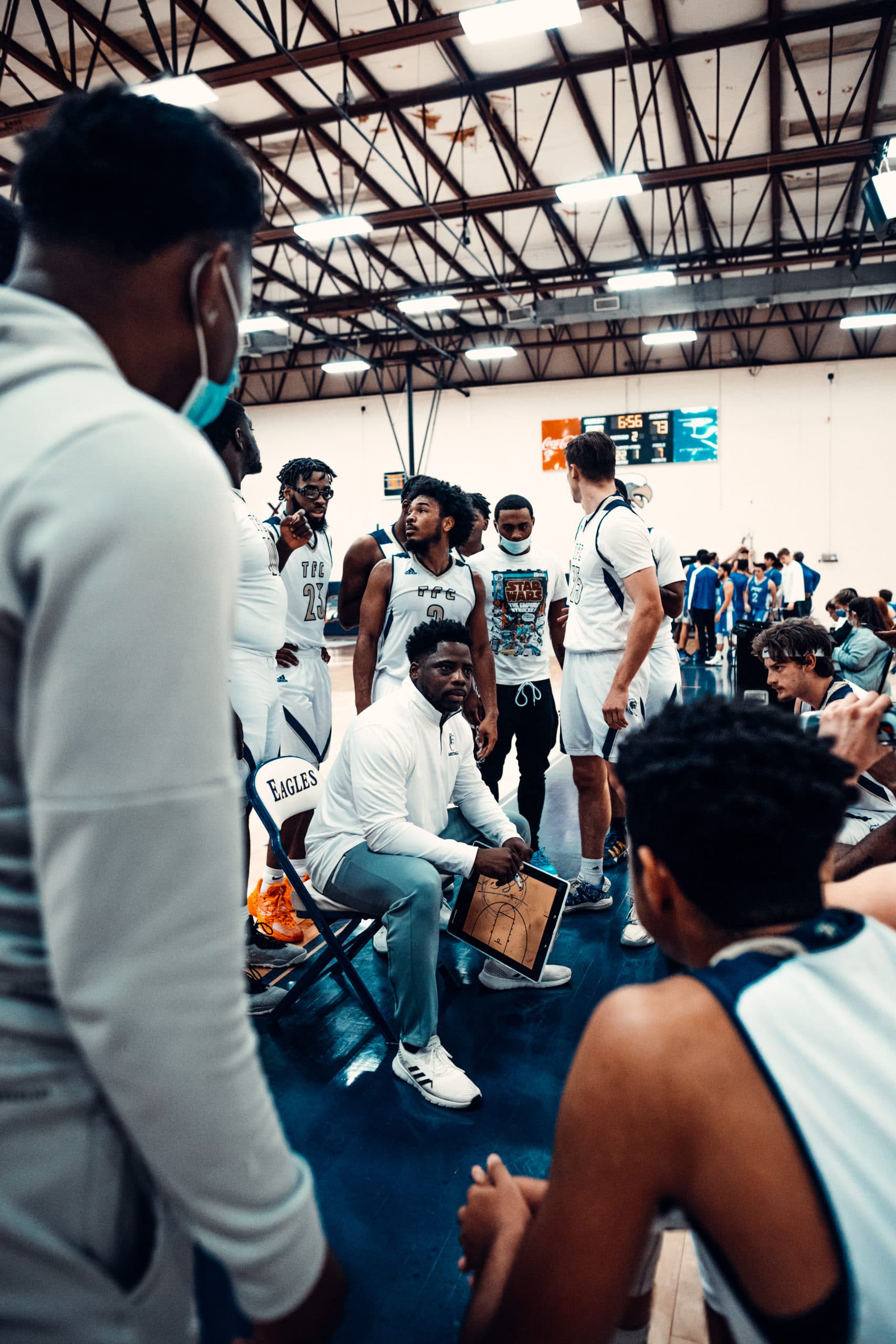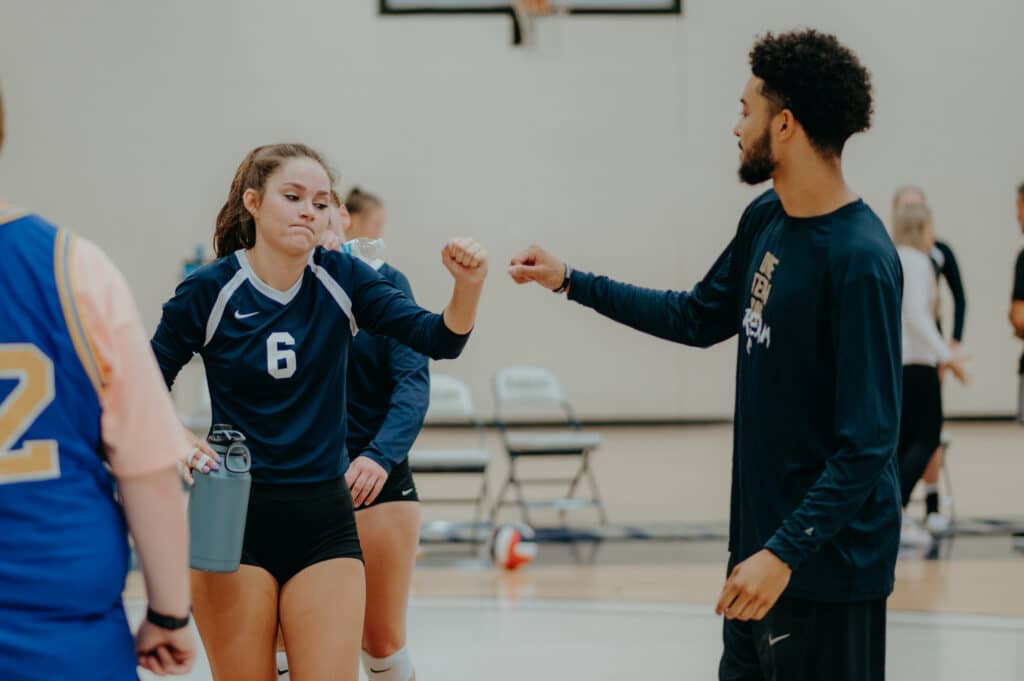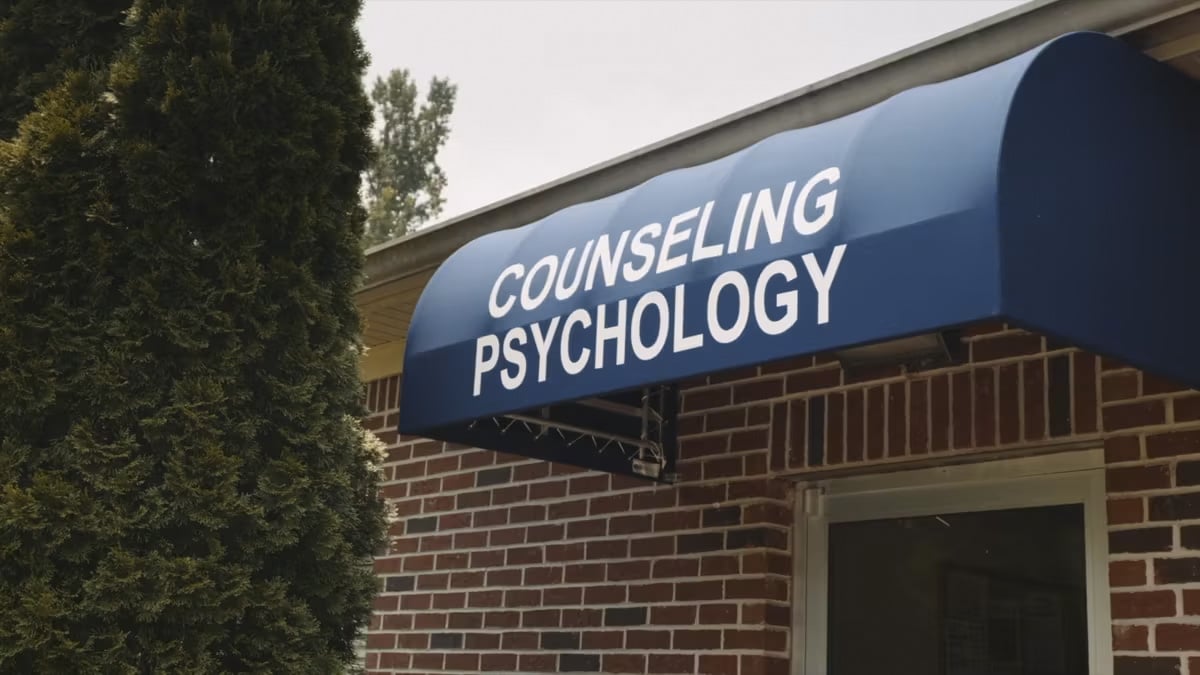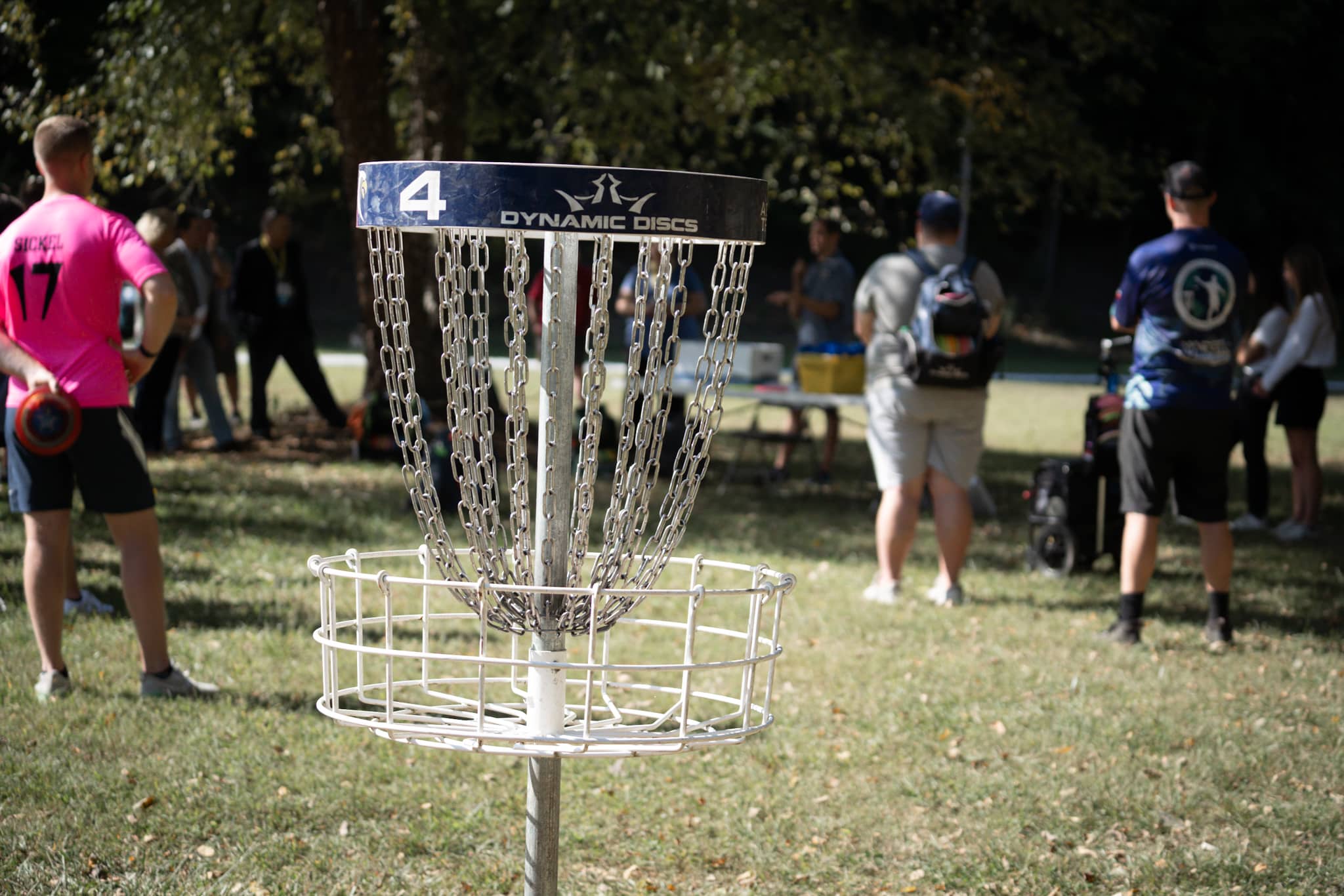Sport Psychology

Why Study Sport Psychology at TFC?
The Sports Psychology concentration in the Counseling Psychology degree program allows opportunity for students who are interested in mental health, athletic and sports industries, as well as application to performing arts and corporate strategy to better understand the dynamics of motivation and performance. Through their studies, students will explore internal and external motivations as related to the pursuit goals, cognitive processes that can inhibit performance, and interpersonal skills that encourage success in groups/teams.
Graduates from this program are prepared to pursue graduate degrees in Sports and Performance Psychology, Industrial and Organizational Psychology, Counseling Psychology, etc. Graduates preferring to start their career right out of college are poised to work directly with athletes of all ages in numerous capacities.

Minors:
- Marriage & Family Counseling
- Social Work
Counseling Psychology
“If you have a heart for God and a passion for helping people, I’m confident you will find no better program to support your growth and your education than the program here in the counseling psychology department at Toccoa Falls College.”
Nicole Brown, M.A.
Assistant Professor of Counseling Psychology


Sport Psychology Courses
Our Counseling Psychology degree is a 126 hour program that includes 69 hours of general education courses (including 30 hours of Bible and Theology), 15 hours of open electives, and 42 hours in Counseling Psychology-specific courses (18 of which are hours dedicated to the Sport Psychology concentration).
Featured Courses:
- Social Psychology
- Sport & Performance Psychology
- Psychology of Motivation
- Health Psychology

Testimonial

What can you do with a Sport Psychology Degree?
Graduates from this program are prepared to pursue graduate degrees in Sports and Performance Psychology, Industrial and Organizational Psychology, Counseling Psychology, etc. Graduates preferring to start their career right out of college are poised to work directly with athletes of all ages in numerous capacities. Some potential opportunities for sport psychology majors include:
Youth Development Coordinator
A youth development coordinator is a professional responsible for designing and implementing programs and activities that foster the personal, social, and educational growth of young people. They work to create a supportive and nurturing environment that helps youth build essential life skills and reach their full potential.
Sport Psychologist
A sport psychologist is a specialist who applies psychological principles and techniques to help athletes and sports teams enhance their mental resilience, performance, and overall well-being. They work to address psychological factors such as motivation, confidence, and stress management to optimize athletic success.
Coach
A coach is an individual who guides and instructs athletes or individuals in a specific sport or skill, focusing on skill development, strategy, and performance improvement. Coaches provide guidance, feedback, and motivation to help their clients or teams achieve their athletic goals and reach their full potential.
Licensed Therapist
A licensed therapist is a trained mental health professional who provides therapeutic support and counseling to individuals or groups. They help clients address emotional, psychological, and behavioral issues, utilizing evidence-based approaches to promote mental well-being and personal growth.

